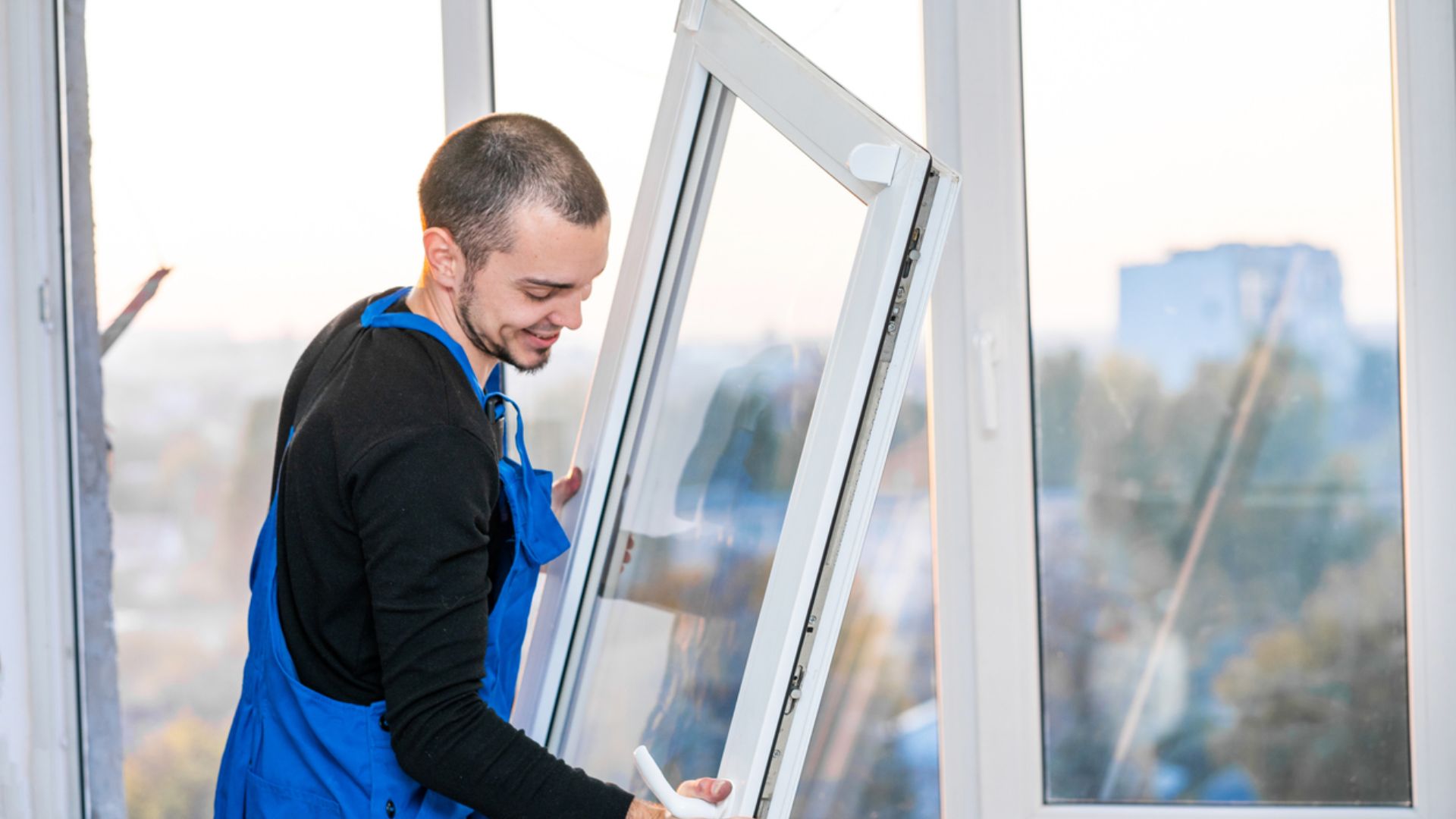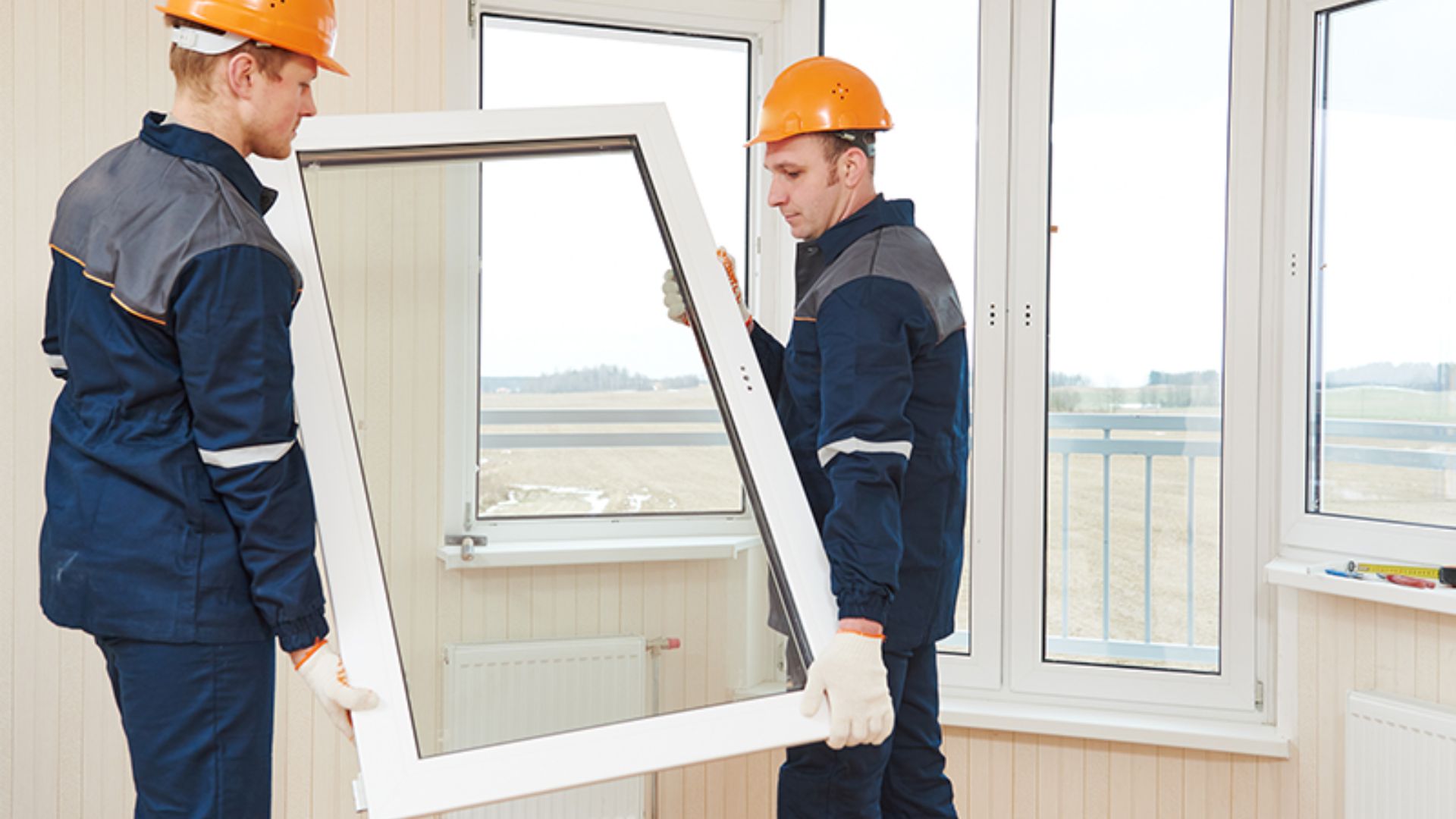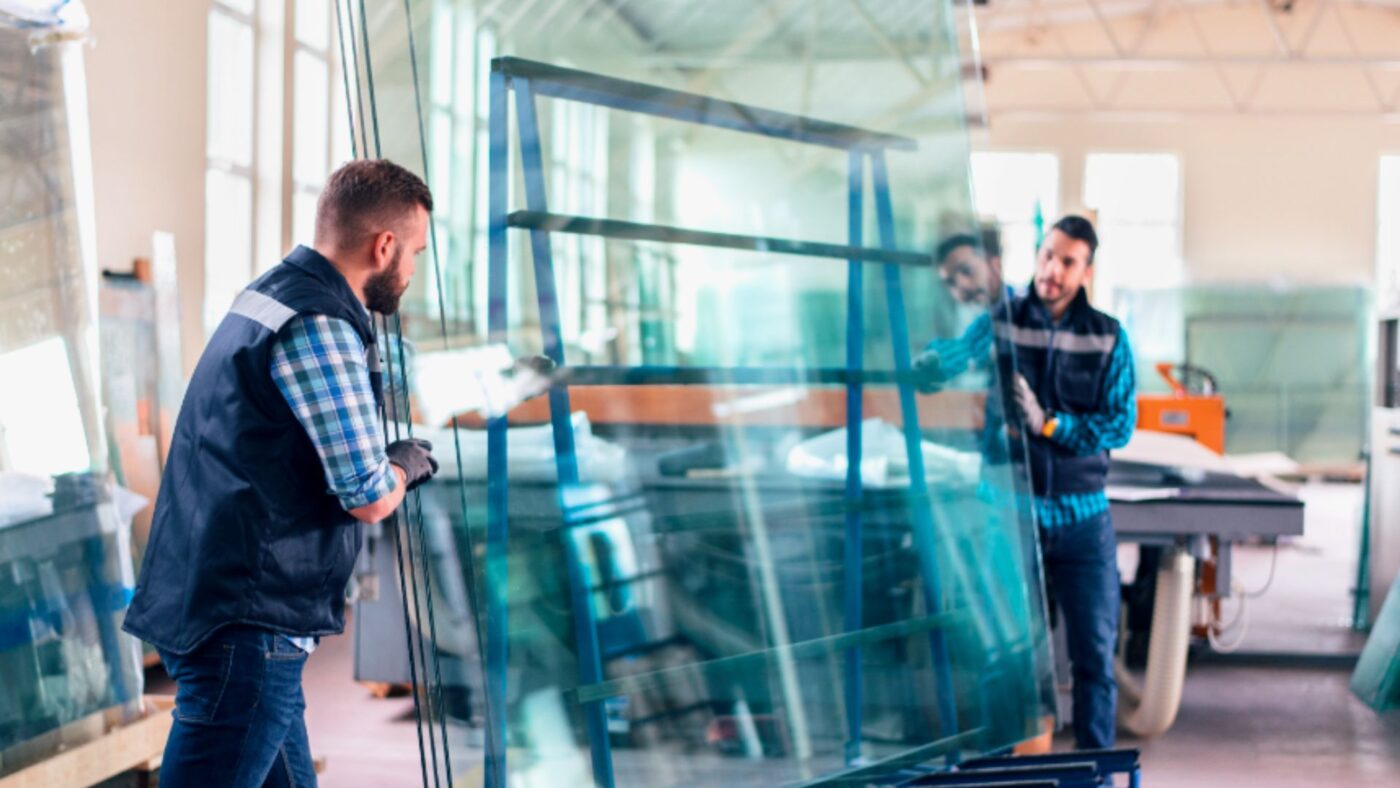Introduction:
As the urban landscape of Dubai continues to evolve, the pursuit of sustainability has become a top priority. Amidst the towering skyscrapers and futuristic architecture, there is a growing awareness of the need to adopt eco-friendly practices to mitigate environmental impact. In this regard, the role of Glass in Dubai construction industry cannot be overstated. From energy-efficient facades to recycled glass products, eco-friendly glass solutions are paving the way for sustainable living in the city.

Glass in Dubai: A Sustainable Perspective
Glass plays a pivotal role in shaping the aesthetics and functionality of Dubai’s architectural landscape. However, its environmental footprint has been a subject of concern due to energy consumption during manufacturing and high heat absorption properties. To address these challenges, architects and developers are increasingly turning to eco-friendly glass solutions that prioritize sustainability without compromising on performance.
Energy-Efficient Glass Facades:
One of the most significant advancements in sustainable glass solutions is the development of energy-efficient glass facades. These innovative glazing systems are designed to minimize heat gain, reduce reliance on artificial lighting, and enhance thermal insulation. By incorporating low-emissivity coatings and advanced framing materials, buildings can significantly reduce energy consumption and carbon emissions while maintaining optimal comfort levels for occupants.
Recycled Glass Products:
Another eco-friendly approach gaining traction in Dubai is the use of recycled glass in construction and interior design. Recycled glass countertops, tiles, and decorative elements not only reduce the demand for raw materials but also divert waste from landfills. In a city known for its luxury and opulence, the integration of recycled glass products adds a unique touch of sustainability to residential and commercial spaces.
Smart Glass Technology:
Smart glass technology is revolutionizing the way buildings in Dubai harness natural light and regulate interior temperatures. Electrochromic glass, for example, allows users to control the tint of windows dynamically, reducing glare and heat penetration during peak sunlight hours. Similarly, photovoltaic glass panels enable buildings to generate clean energy while providing shade and insulation.

Conclusion:
Eco-friendly glass solutions are instrumental in promoting sustainable living in Dubai’s dynamic urban environment. From energy-efficient facades to recycled glass products and smart glass technology, these innovations offer viable pathways to reduce environmental impact and enhance the quality of life for residents and visitors alike. As Dubai continues to embrace the principles of sustainability, the integration of eco-friendly glass solutions will play a crucial role in shaping the city’s future skyline while preserving its natural resources for generations to come.


